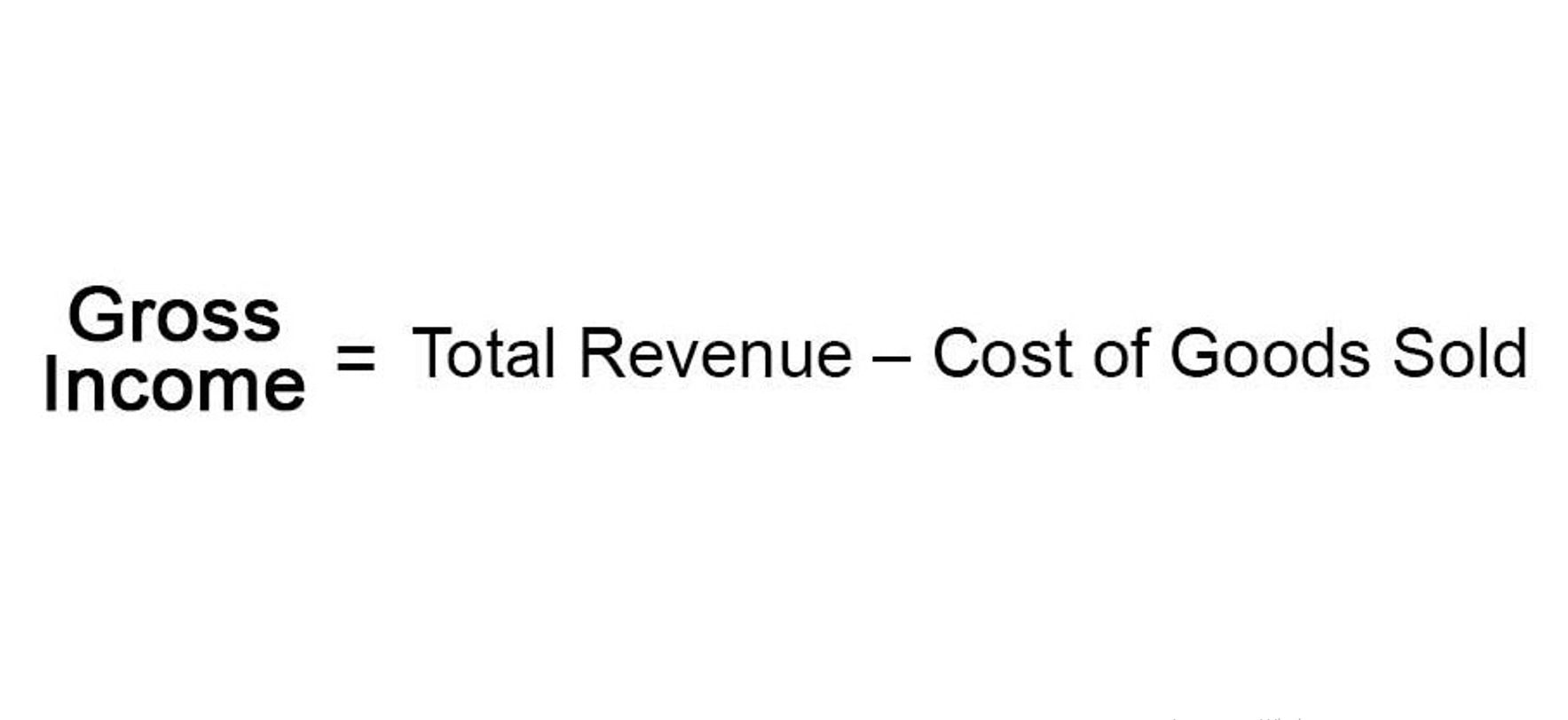
In the United States, Deloitte refers to one or more of the US member firms of DTTL, their related entities that operate using the « Deloitte » name in the United States and their respective affiliates. Certain services may not be available to attest clients under the rules and regulations of public accounting. PwC US Energy practice provides audit and assurance, tax, advisory, and consulting services to help energy businesses address key issues. When there are conflicts between different accounting principles or methods, a hierarchy exists to guide the selection of the most appropriate principle. Assets are generally recorded at their original cost, which is the amount paid to acquire them.
Asset Retirement Obligations
This distinction is crucial for accurate financial reporting and compliance with accounting standards. Depletion, depreciation, and amortization (DD&A) are essential accounting practices in the oil and gas industry, reflecting the gradual consumption of capital assets over time. Depletion specifically pertains to the allocation of the cost of natural resources, such as oil and gas reserves, over their productive life.
Evaluating Financial and Strategic Issues Facing the Oil & Gas Industry

Being a COPAS member means that you are at the forefront of driving change and innovations that shape accounting in the petroleum industry.
Oil and gas accounting, financial reporting, and tax update

Whether you need full-scale accounting services or seeking assistance to manage overflow work, our team can help you build a tailored solution to meet your business needs today and scale with you as you grow. We serve as your one-stop shop for your back-office accounting needs by providing innovative cloud-based technology platforms that simplify your financial reporting processes. Our collaboration reduces your manual workload and enhances daily efficiencies by implementing real-time reporting, easy-to-use dashboards and automated processes. By tailoring a cloud solution that fits your business needs, business leaders will have the data that can help support critical business decisions and fuel growth. We’re here to meet all your accounting needs, providing clarity and insights to help you make decisions that propel your business forward. At the center of a complex and changing regulatory environment, the oil and gas industry faces challenges on a daily basis.
- The remaining revenue would be deferred until the customer reclaims the goods or the option to do so expires.
- Our courses are specifically developed for professionals in the oil and gas industry, including engineers, technical staff, managers, and other specialists looking to advance their careers.
- This annual publication provides an update on accounting, tax, and regulatory matters relevant to the oil and gas industry.
- The accounting for AROs begins with the initial recognition of the obligation at the time the asset is installed or when the obligation is incurred.
- Gran Tierra disclaims any intention or obligation to update or revise any forward-looking statements, whether as a result of new information, future events or otherwise, except as expressly required by applicable law.
- Additionally, if essential accounting data is manually entered by non-experts, the reliability of financial information can be compromised.
Many oil and gas companies struggle https://x.com/bookstimeinc with a backlog in non-operating joint interest billing and revenue data entry, leading to shortcuts, workarounds or delays in the monthly closing process. Outsourced accounting can create business process automation, resulting in oil and gas companies achieving significant savings and reduced cycle times. Revenue recognition in the oil and gas industry is a nuanced process that hinges on the specific terms of contracts and the nature of the transactions involved.
The Net Asset Value (NAV) Model
- Operating netback, as presented, is defined as oil sales less operating and transportation expenses.
- Under the successful efforts methodology, you expense them, and under the full cost methodology you capitalize them and add that CapEx to the PP&E on your balance sheet.
- The entities in these joint arrangements share the output from the site, and each party is free to sell or use its portion of the output as desired.
- Yes, upon successful completion of our courses for professionals in the oil and gas industry, you will receive an industry-recognized certificate from PetroKnowledge.
Stakeholders rely on financial statements to assess the financial health of oil and gas companies. Proper accounting practices build trust among investors, regulators, and the public, fostering confidence in the industry. Joint venture accounting is crucial to accurately reflect each participant’s share of costs, revenues, and other financial aspects. “On October 31, 2024 we were excited to have announced the close of our acquisition of i3 Energy plc (“i3 Energy”). We believe the purchase of i3 Energy uniquely positions Gran Tierra as a premier diversified oil and gas company with assets in Canada, Colombia, and Ecuador.
What Are Average Operating Expenses for the Oil and Gas Sector?
This is typically calculated using the unit-of-production method, which allocates costs based on the proportion of reserves extracted during a period relative to the total estimated reserves. Production costs, also known as lifting costs, are the expenses related to extracting oil and gas from the ground and bringing it to the surface. These costs include labor, maintenance, utilities, and materials used in the production process. Production costs are typically expensed as incurred, directly impacting the income statement.

Take-or-pay arrangements between O&G suppliers and customers ensure that the customer will either “take” product from the supplier or “pay” a penalty. The two parties agree on a price at which the customer will buy product and another price, usually lower, that serves as the penalty if the product ledger account is not accepted by the customer. This structure of contract guarantees the supplier a minimum level of future demand, thus reducing risk and allowing the supplier to lower its prices.

TRAINING SOLUTIONS
Remember that, the accounting tips above, and the NAV model, and you’ll be more than ready to dominate your interviews. Yes, some PE firms do focus on energy and mining, but typically they stick to utility and/or power generation companies oil and gas accounting rather than unpredictable E&P companies. For cases where the company is highly diversified – think Exxon Mobil – you need to value its upstream, midstream, downstream, and other segments separately and add up the values at the end.
